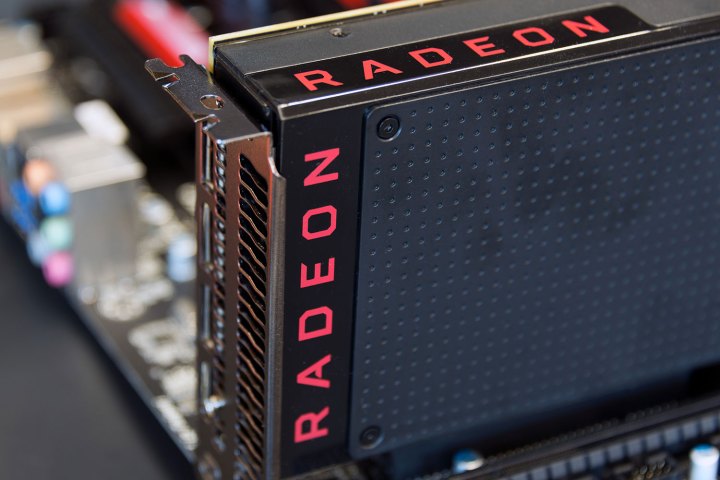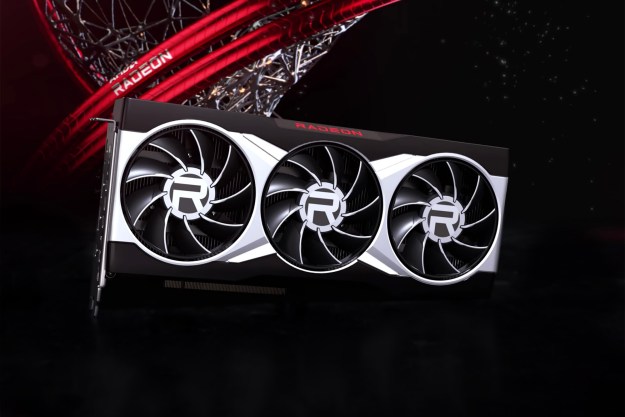
If that information is correct, then AMD has pushed Navi back a year. That follows AMD’s recent decision to push Vega product releases back from the second half of 2016 to the first half of 2017 for unknown reasons, although there is speculation that AMD wants the graphics cards to roughly launch in the same window as its first “Summit Ridge” processors for the high-end desktop crowd. The Vega
Right now, AMD offers two variants of its current graphics chip: Polaris 10 and Polaris 11. The Radeon RX 480 and Radeon RX 470 cards use the Polaris 10 graphics chip, while the Radeon RX 460 uses the Polaris 11 model. In 2017, there will be products based on three Vega GPU variants: Vega 10, Vega 11, and Vega 20.
Products based on the Vega 10 graphics chip are slated to arrive in the first quarter of 2017 for the enthusiast market. This chip will rely on AMD’s 14nm GFX9 graphics core technology, and will sport 64 compute units that encompass 4,096 shader processors. This chip will provide up to 12 TFLOPS of single-precision floating point performance, and will by accompanied by 8GB or 16GB of local next-generation “stacked” HBM video memory. The power requirement is expected to be 225 watts.
AMD’s Vega 10 products will compete with Nvidia’s GeForce GTX 1070 and GTX 1080 graphics cards. The company is expected to provide a graphics card with two Vega 10 chips that has a power requirement of around 300 watts. AMD also plans to go after Nvidia’s updated GeForce GTX Titan X card with a product based on its Vega 11 graphics chip. Vega 11 is expected to pack a hefty 6,144 shader processors.
One of the more interesting things about the latest leak is the mention of a Vega 20 graphics chip. It will be based on GFX9 cores stemming from GlobalFoundries’ smaller 7nm process technology, allowing AMD to pack more cores into the Vega graphics chip. However, Vega 20 is rumored to have only 4,096 shader processors, indicating that the resulting graphics card may include 32GB of “stacked” HBM2 video memory, a smaller form factor, and a lower power requirement of 150 watts. Vega 20 will reportedly also support PCI Express 4.0.
Finally, Navi will arrive in two variants: Navi 10 and Navi 11. While the technical specs are unknown, AMD says that Navi will be scalable and support next-generation video memory, likely HBM3. Given its Vega products were pushed back into 2017, AMD’s move to delay Navi shouldn’t come as a surprise.
News regarding the Vega and Navi chips arrive by way of a road map stashed away on a server stationed within AMD. That said, file a good chunk of this information under the rumor umbrella. What we do know is that Vega products are slated for the first half of 2017 as AMD has repeatedly acknowledged, so hopefully a good deal of these rumors will be put to rest toward the beginning of 2017.
Editors' Recommendations
- AMD’s graphics card sales just took a nosedive
- AMD might have a new graphics card next month, too
- For the first time ever, I’m ready to switch to an AMD graphics card
- AMD’s next budget GPU may be a killer card — here’s why
- New AMD RX 6500 XT: 3 graphics cards you should buy instead



